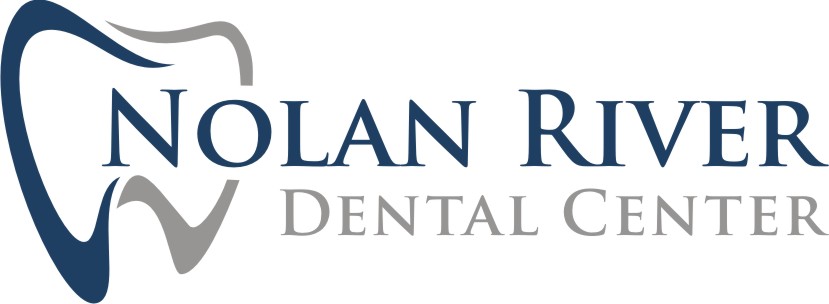
Dental Sealants are incredibly useful for combating the development of tooth decay. However, they are commonly used to manage dental issues in children and young adults. This begs the question: Can Dental Sealants work for adults? Does it follow the same procedure? Some of these questions are what you should ask when debating on the need for dental sealant as an adult.
What is a Dental Sealant?
American Dental Association (ADA) defines dental sealant as a material designed to avert cavities in the tooth by being a shield. The dental sealant is made from plastic and is placed over the chewing surface of the tooth. It is typically used on molars and premolars, two of which are the most common sites for tooth decay.
Regardless of the effort and time you put into brushing, it is practically impossible for the toothbrush bristles to reach the entire chewing surface area, including the grooves and contortions of the teeth. These impenetrable areas are predisposed to the accumulation of plaque and food particles. Dental Sealants serve as a protective case to inhibit the development of decay in these sensitive areas.
Applying Dental Sealant
The process of applying dental sealant is easy and straightforward:
The step entails thorough cleaning and drying of the tooth’s surface.
Afterward, the dentist will apply a form of “acidic gel” to mildly abrade the surface of the tooth to help the sealant stick to your tooth.
After some minutes, the dental expert will wash off the gel and dry out the tooth before putting on the sealant.
After applying the sealant, a blue light will be used to harden the sealant to the tooth.
Why Dental Sealants Help
Although the procedure has often been associated with children, there are some unique benefits of having dental sealants. Tooth decay can happen to anyone, irrespective of age. What sealants does is reduce the risk of tooth decay in anyone who chooses to have dental sealants.
Sealants also help inhibit the accumulation of food debris and plaque in the depressions and grooves of the tooth surface, which further reduces the risk of decay since bacteria have no breeding ground. In the long run, dental sealants are effective preventive measures. Shelling out cash for the procedure ensures that you will not have to spend on expensive dental procedures eventually.
Are there downsides?
Although sealants have advantages, they have drawbacks too. One example of such is temporary expenses. While you will be able to save money in the long run by giving your teeth a form of protection, you still need money to pay for the procedure. Sealants are also temporary and need to be replaced every 10 years.
Prevention of tooth decay
Dental sealants for adults are not the only method of preventing tooth decay. The smartest and easiest way to fight a toothache is to maintain proper oral hygiene. Make brushing and flossing a daily routine, not forgetting to visit the dentist twice per year for dental examination. Consuming nutritious food should be a part of your oral health plan.
For more information or to schedule an appointment with Nolan River Dental Center, request an appointment in our Cleburne dental office here: http://www.nolanriverdentalcenter.com. Or call us at (817) 517-6453.
Related Posts
How Does Dental Sealant Treatment Work?
The dentist may have mentioned something about getting dental sealants as a preventive treatment for your kids. This preventive treatment stops tooth decay, but how does it work? Continue reading to learn about dental sealant …
3 Ways Dental Sealants Help Keep Teeth Cavity-Free
3 Ways That Dental Sealants Help Keep Teeth Cavity-FreeCavities are one of the most common problems dealt with by dentists. Anyone can get a cavity, even small children and they can be very painful if …
Preventive Dentistry: How Important Is Flossing?
Preventive dentistry focuses on the prevention and early detection of oral health concerns to help ensure they do not develop or progress to a more severe stage that is harder to treat. …
A Dentist Explains How Preventive Dentistry Can Avoid Cavities
Preventative dentistry is a branch that focuses primarily on keeping dental issues at bay. Preventing dental issues is cheaper than treating them, and you do not have to deal with the …


